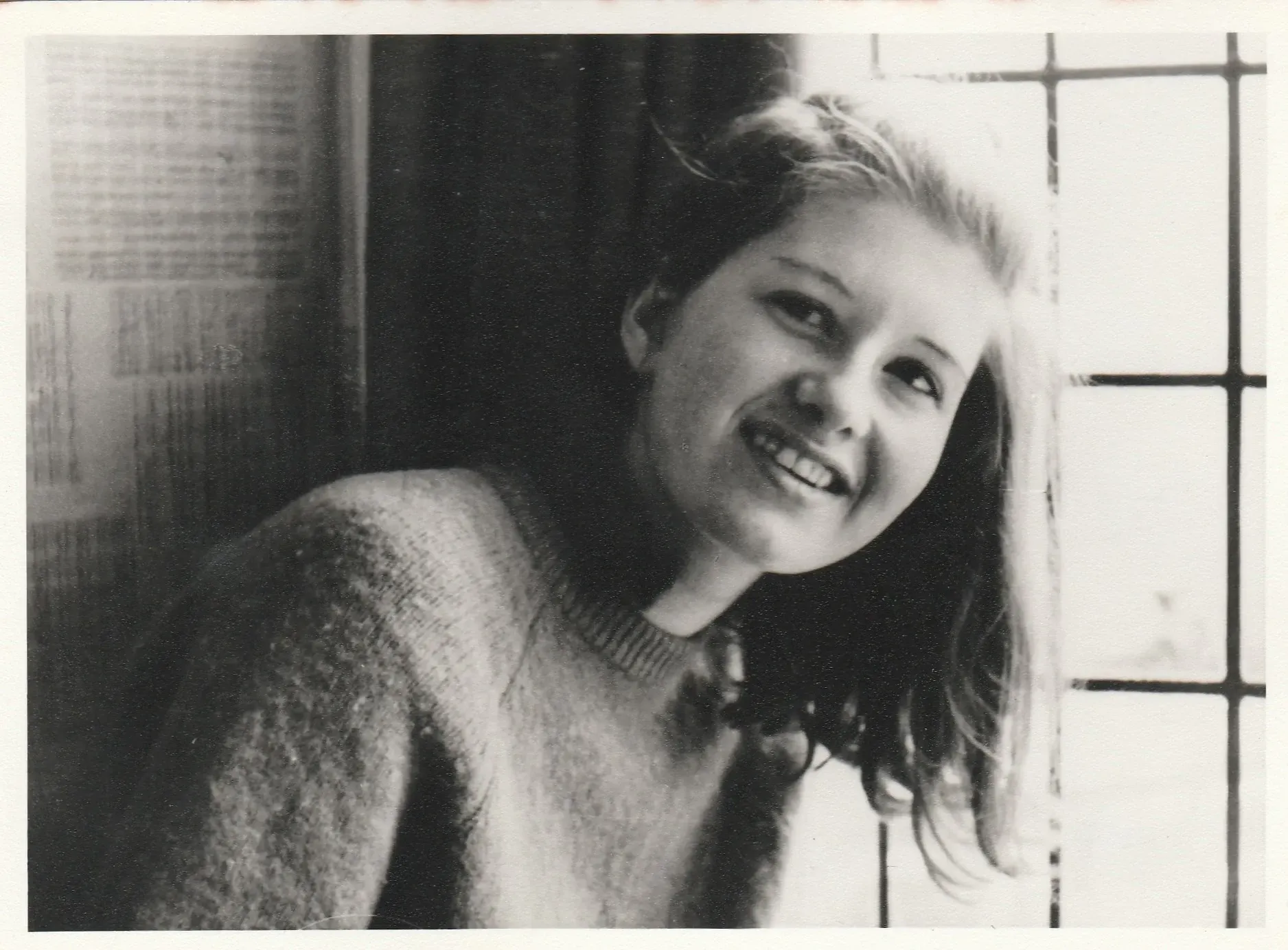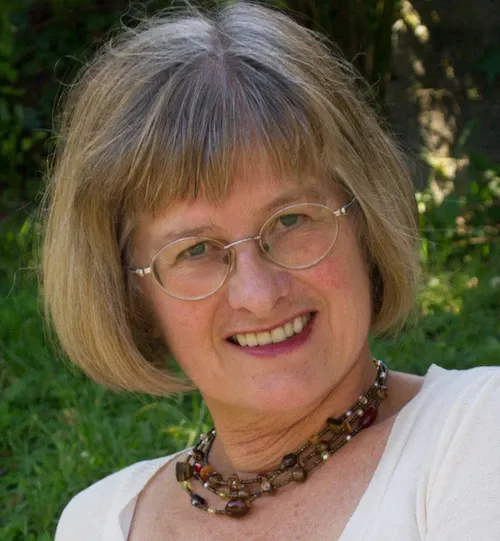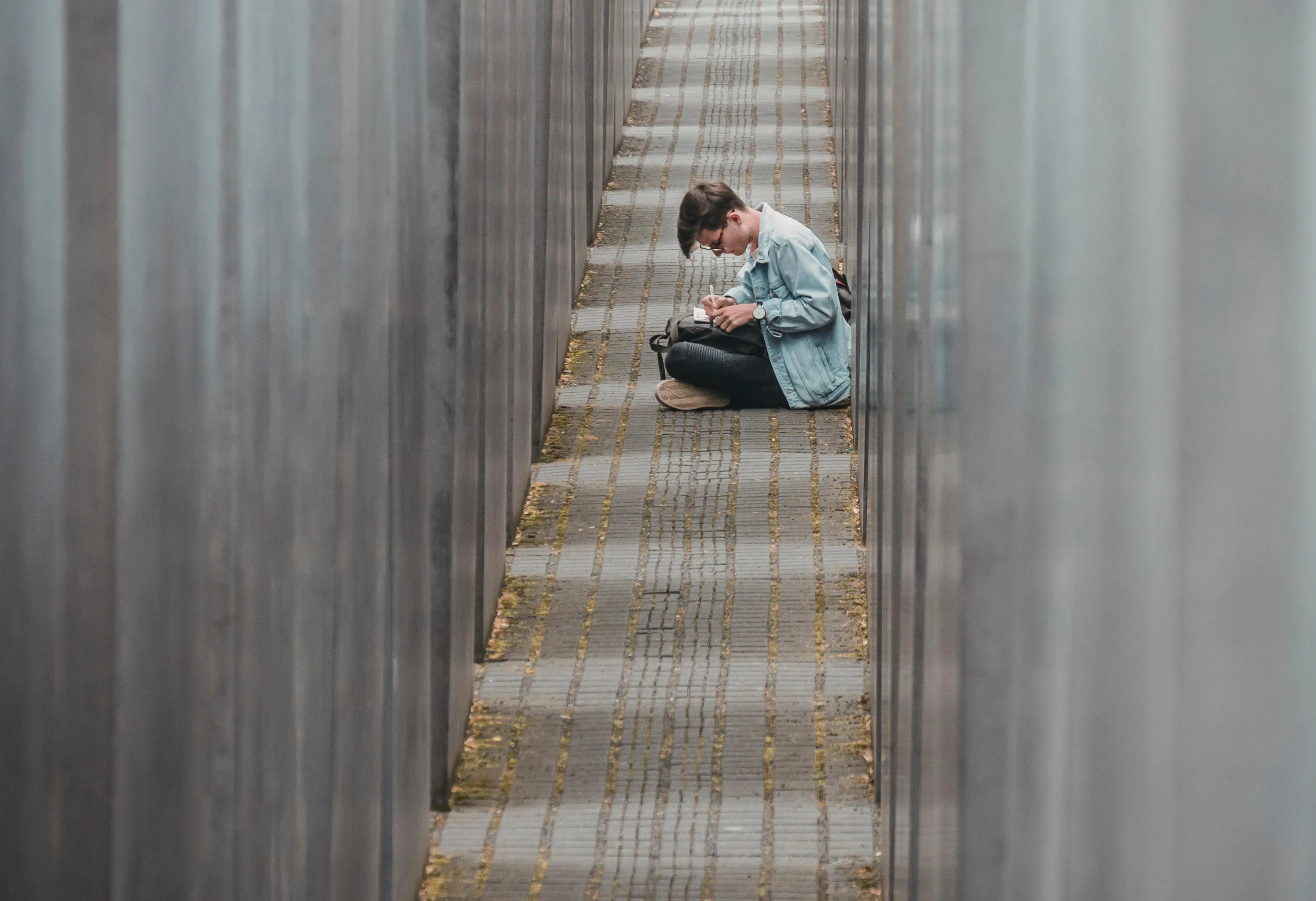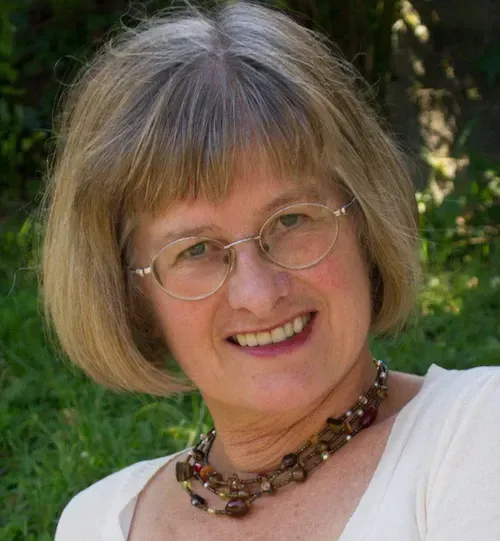Advice to my 22 year old self: creative connecting, joining and belonging.

Hello Jenny,
It seems you want to be a writer, so I’m putting down a few thoughts to help save you some difficulties. Like many writers you are something of an outsider. That’s good in a way because it sharpens your observational and analytical faculties. But it’s a recipe for loneliness. Thank goodness then that the arts offer amazing avenues to a sense of belonging, even as an outsider.
At 22 I thought all I had to do was sit in a little room and write. I didn’t realise what a solitary occupation that could be and what difficulties it could make in terms of belonging in society. Being a writer set me apart in some ways from my fellow human beings and I had to find ways to retain my commonality with them. As writers we reveal ourselves to a degree not normal in society and as a result other people often do set us apart.
Belonging is certainly underrated. People like to take it for granted and everybody hates to own up to loneliness, but in the world today it is much harder to belong than it used to be and loneliness has reached epidemic proportions in many countries. In the UK they now have a Minister for Loneliness on the case. Belonging has become something we have to work consciously at.
With writing it’s more difficult. The intellect can be a very distancing thing.
A life in the arts offers many opportunities for belonging. Partly they do it by creating situations in which the hormone oxytocin is released. I can’t go into the science here, but this hormone is surprisingly powerful. It helps people form attachments, and is induced in a wide range of social and creative encounters, like dancing, singing, or playing instruments together. Humans are the only species that can synchronise their movements to music.
Take the haka for instance. As oxytocin is released into their arteries, the performers become one multi-headed, many-armed creature. The dance triggers a state of consciousness in which there is neither pain nor fear. Within a single identity the dancers experience total trust in one another, together with shared invincibility against the enemy.
In the theatre you experience together the joys and agonies of the difficult endeavour, the uncertainty of success. That kind of sharing compensates for the pain of your acclaim being dwarfed by someone else.

Jenny Robin Jones. Photo supplied.
With writing it’s more difficult. The intellect can be a very distancing thing. Luckily for writers and readers, there are alternatives. Book clubs, writers’ groups, author societies, festivals, they all help. Maybe join a choir or go dance. Nowadays the social media form a large part of people’s joining, but much of what goes on concerns seeking attention as individuals, so the exchanges can easily make people feel lonely and excluded instead of nurtured and valued. You need to be clear about what exactly you are using the different social media for and to make sure you remain in charge. For instance, turn off notifications and only go to your platforms for limited periods of time.
The very least you need from a group is for the others to be nice to you. You also need at least one group whose members are willing to nourish you beyond the current situation, or in your times of need. This is where activities requiring shared endeavour shine. There is a movement now towards harnessing the benefits of the arts for belonging. For example, in the US, the annual UnLonely Film Festival puts into practice the opportunities for a sense of connectedness in relation to film.
The person sitting next to you for that talk at Going West is someone who shares an interest with you. Even if you never see them again, a short conversation will lighten your day and, even ever so minimally, become part of you. And you never know, you may see them again. One day you may meet your future partner, as happened to me at National Theatre Live.
However, there is a deeper way in which the arts offer belonging and it is very different from that of joining a tennis club. It invites us to share our humanness. In everyday life, we have to accept restraints. When we say, “How are you?” this is not an invitation to share our pain or sadness, grief or despair, but we can share these elemental states of being through the arts, no matter whether we are creating, enacting or watching. The whole of the arts is an acceptance of human frailty and vulnerability, a willingness to perceive it, to gaze upon it. It resists invisibility and silence, it accepts existence in all its forms. By making public the truths of people’s lives, art makes them shareable.
In a letter he wrote later of his despair, he said the only thing that held him back from suicide was his art. It seemed impossible to leave the world before he had produced all the works he had felt the urge to compose.
If you feel lonely, because of pain perhaps or stigmatised illness or gender orientation, you can always find a companion of your fate. That’s what I do. I did it especially when pain from OOS and ruptured shoulders prevented me from writing. At the height of the difficulty, I saw a TV programme about Beethoven. In 1801 his ears hummed and buzzed all day long and he couldn’t hear properly. In a letter he wrote later of his despair, he said the only thing that held him back from suicide was his art. It seemed impossible to leave the world before he had produced all the works he had felt the urge to compose. I realised that if Beethoven could find life worth living in spite of his affliction, then of course my life was worth living too. Such companions of one’s fate make you feel reconnected again. It’s fun finding the right companion for the right moment.
I must admit I’m thrilled you want to be a writer. Your writing will keep you thinking, keep you seeing, keep you feeling. It will feed your spirit, give you a voice, help you understand others and connect with people everywhere.
So, spend as much time alone as you need to, but for your own health and happiness, and to be the best writer you can, attend to your belonging.
Jenny Robin Jones writes extensively on New Zealand culture and heritage. You can hear her discuss her new book Not For Ourselves Alone: Belonging in an Age of Loneliness at the Going West Books and Writers Festival in Titirangi, September 15 & 16.

